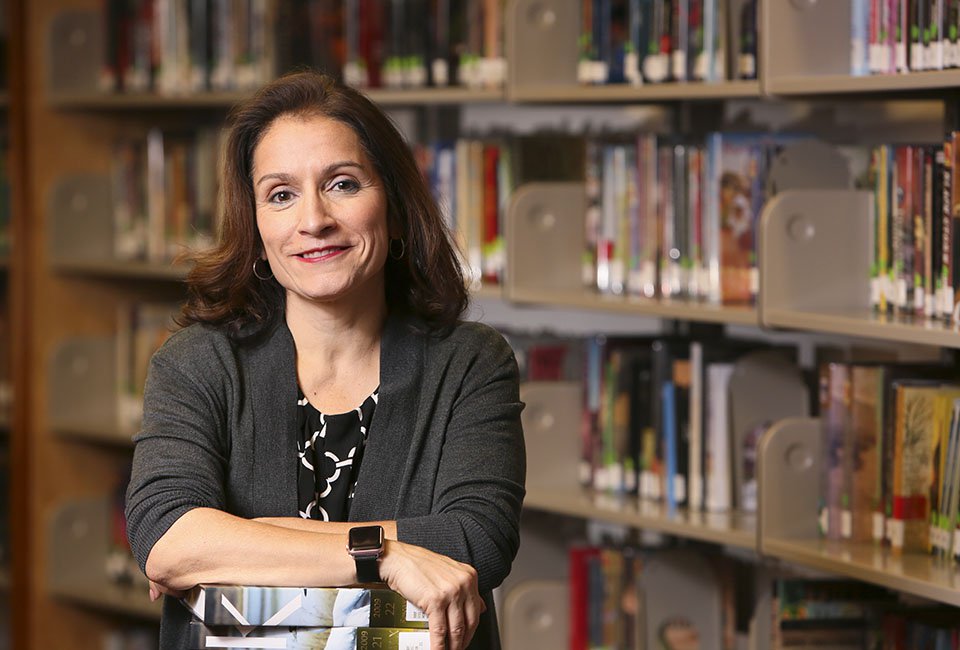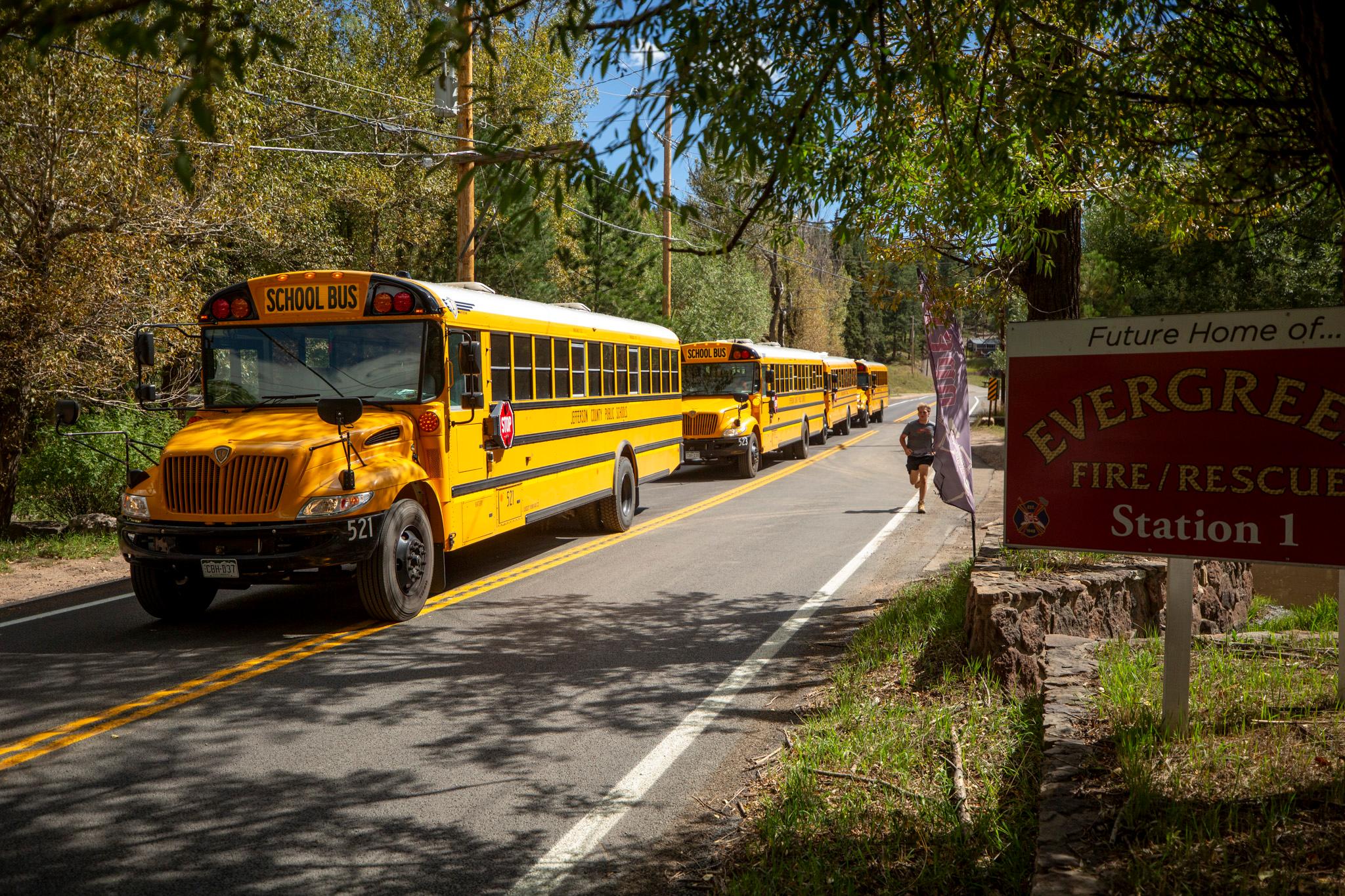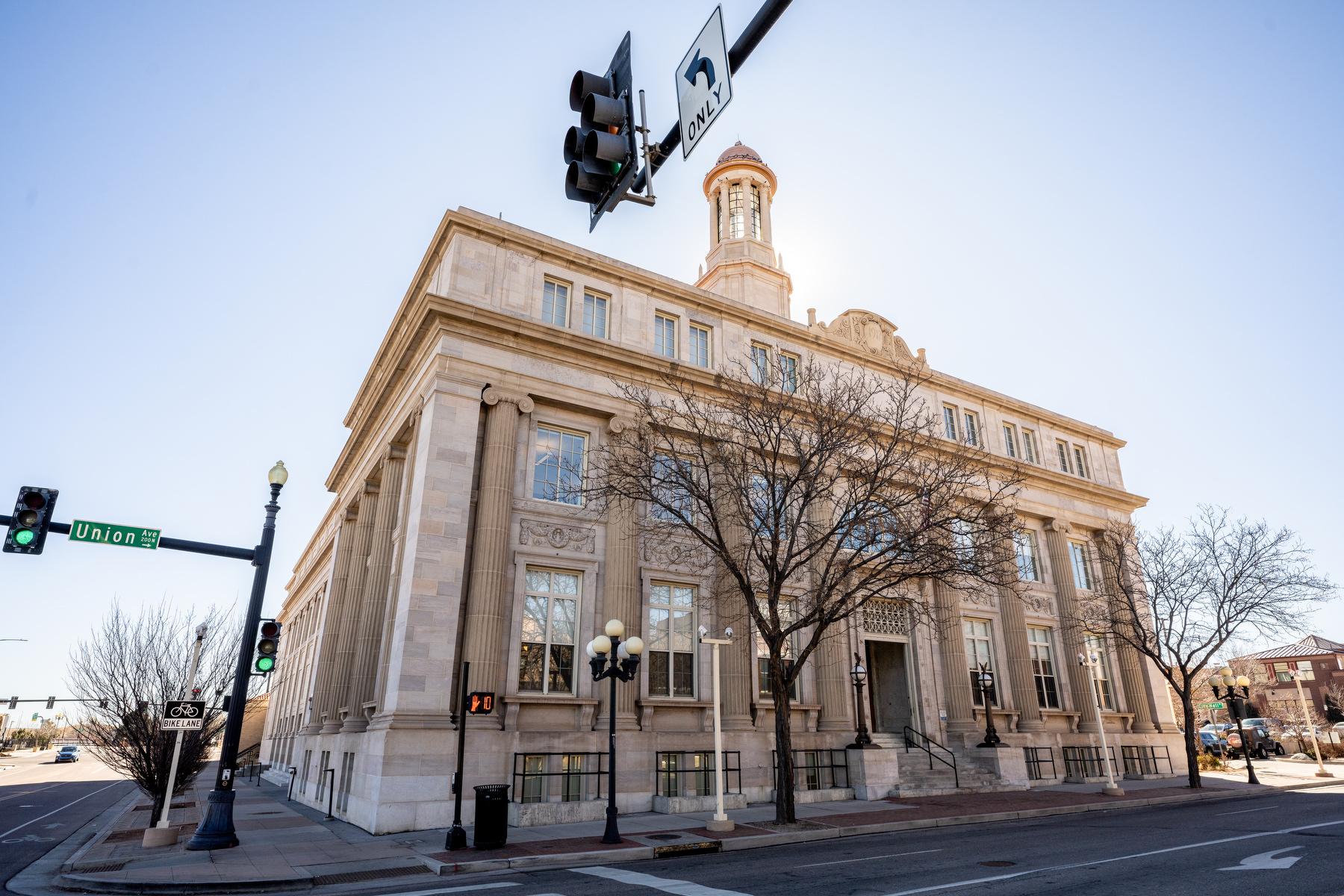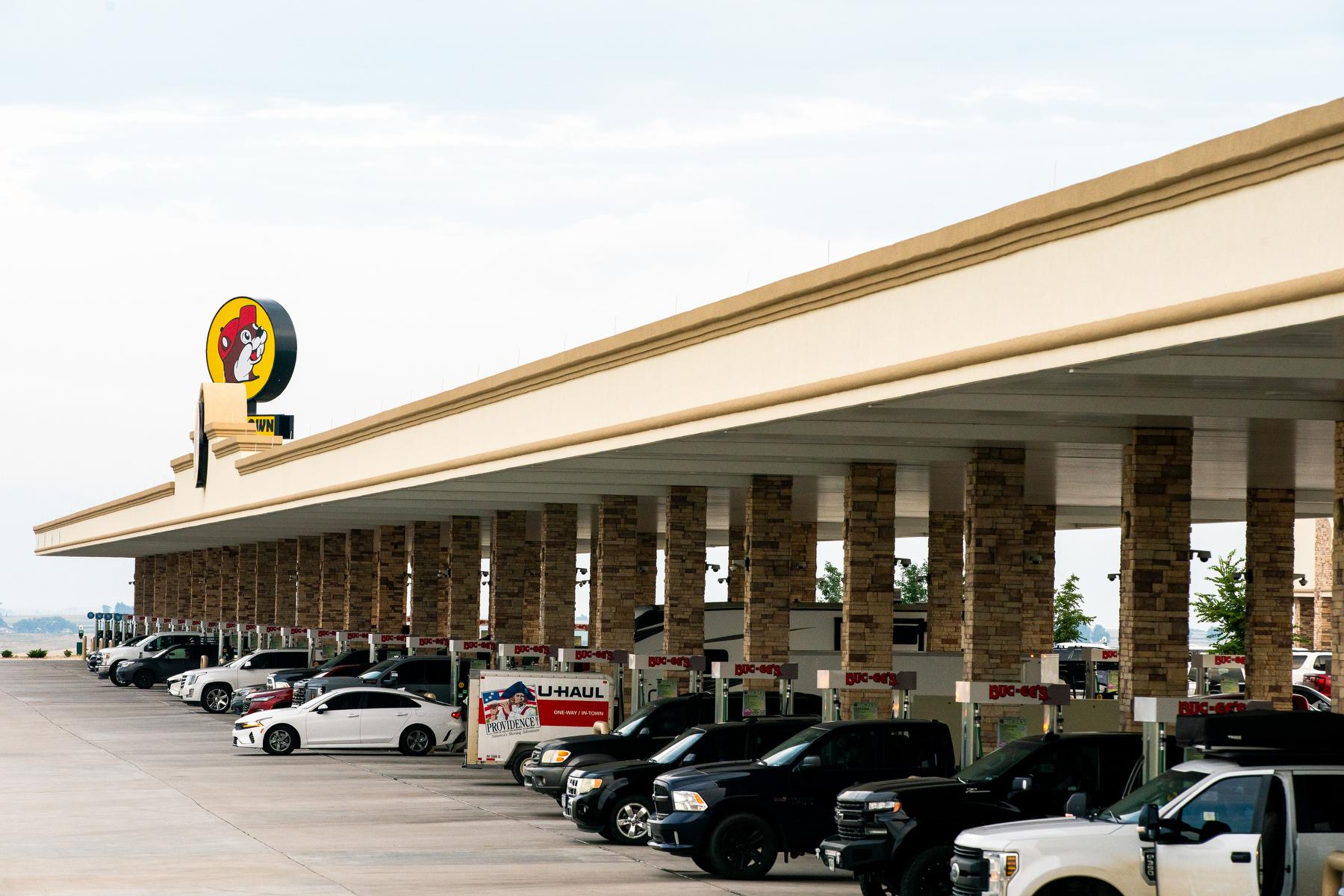
Denver Public Schools has advanced just one name for its top job: Susana Cordova.
The current Deputy Superintendent for DPS, Cordova would succeed longtime superintendent Tom Boasberg, who announced his retirement in July.
Cordova graduated from Abraham Lincoln High in Denver and has taught in the city. When Boasberg took some extended time off in 2016, Cordova served as acting superintendent.
At least two other candidates who got second interviews withdrew, according to DPS. That left Cordova as the last woman standing. The district will make a final decision Dec. 17.
Cordova talked to Colorado Matters about some the issues facing DPS, including the possibility of a teacher strike in light of the failure of Amendment 73 and gaps in test scores between poor students and their more affluent peers.
Interview Highlights
On improving communication between DPS and the community it serves:
"People want to be included and have a seat at the table in decisions that have impact on their schools and their community...they don't always feel like that's the case...I think we've heard very clearly that people want two-way dialogue -- that at times it has felt like community engagement in the Denver Public Schools has been one direction, from the District to the community."
On increasing teacher pay:
"One of the most important things I would like to do, coming in to the job, is to really make it clear to our teachers how important, how valuable they are and how critical it's going to be for us to put more compensation into their base pay. I think it's really important that we send that message right off the bat."
On creative ways DPS might find more money:
"One idea that we've been talking about; there's a lot of evidence that high school students should start later in the day...If we did something like move to a later start time for all of our high schools and did some standardization of our bell times, we actually could actually save significant funding, probably in the millions."








